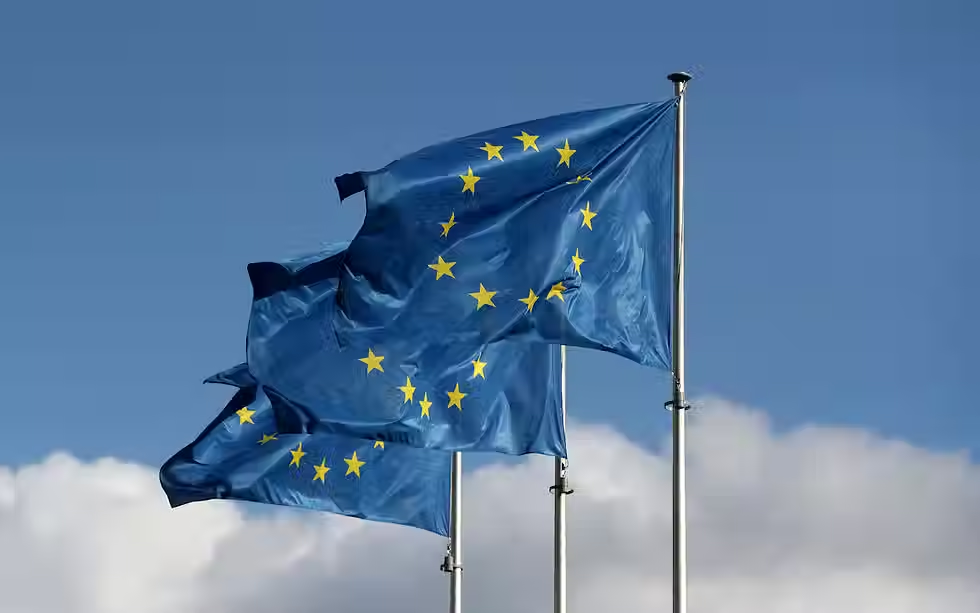Why the Netherlands Is Returning the Dubois Fossils to Indonesia: A Cultural Reckoning
- Khoshnaw Rahmani

- Oct 4, 2025
- 2 min read
Khoshnaw Rahmani, Jadetimes Staff
K. Rahmani is a Jadetimes news reporter covering culture.

Introduction: A Landmark Decision in Cultural Restitution
On 26 September 2025, the Dutch government announced it will return the Dubois fossil collection—more than 28,000 artifacts, including a Homo erectus skullcap, molar, and femur—to Indonesia, following recommendations by the independent Commission for Colonial Collections2. This repatriation marks the sixth time the Netherlands has acted on the commission’s advice to restitute colonial-era holdings, reflecting a broader shift toward addressing historical injustices.
The Dubois Collection: From Java to Leiden
Assembled by Dutch anatomist Eugène Dubois between 1891 and 1892, the Dubois collection comprises fossils unearthed in Java and Sumatra, most notably remains of Homo erectus—initially hailed by Dubois as the “missing link” in human evolution. Housed at the Naturalis Biodiversity Center in Leiden for over a century, the collection also contains shells bearing ancient carvings, underscoring its archaeological and cultural importance.
Commission for Colonial Collections: Findings and Recommendations
The independent Commissie Koloniale Collecties concluded that the Dubois fossils were never legally the property of the Netherlands and were removed against the will of local communities, for whom these items held spiritual and economic value. After a three-year investigation, the commission urged unconditional restitution of the entire collection to Indonesia3.
Government Decision and Official Reactions
Minister of Education, Culture and Science Gouke Moes formally approved the return in a letter to Indonesian Culture Minister Fadli Zon, emphasizing careful preparation and ongoing scientific collaboration. Indonesia is expected to house and display the fossils at the National Museum in Jakarta, though the exact transfer timeline remains to be set2. Fadli Zon hailed the repatriation as “a step towards healing historical wounds” and restoring a “broken chain of cultural heritage”.
Continuing Research and Bilateral Cooperation
Both the Dutch government and Naturalis have affirmed that the fossils will remain accessible for scientific study, with existing partnerships between Naturalis researchers and Indonesian scholars continuing under the new restitution framework. This arrangement underscores a shared commitment to cultural stewardship and academic exchange.
Timeline of Key Events
1891–1892: Eugène Dubois discovers Homo erectus fossils in Java and Sumatra.
1930s–2025: Dubois collection curated at Naturalis Biodiversity Center in Leiden.
2019–2022: Commission for Colonial Collections reviews colonial-era holdings.
2022: Indonesia formally requests repatriation of the Dubois collection.
26 September 2025: Dutch cabinet accepts commission’s advice and approves return.
A Broader Movement in Dutch Repatriation
This decision aligns with the Netherlands’ wider restitution efforts. Earlier in 2025, the government returned 113 bronze statues to Nigeria—also acting on the Commission for Colonial Collections’ recommendations—demonstrating a consistent policy of addressing colonial-era wrongs through cultural repatriation.
Towards Equitable Heritage Stewardship
The return of the Dubois fossil collection to Indonesia is a significant act of restitution, acknowledging past injustices and setting a new standard for the ethical management of cultural and scientific artifacts. By combining careful preparation, institutional collaboration, and scholarly access, this repatriation fosters cultural healing, strengthens bilateral ties, and advances a model of shared stewardship that honors both scientific inquiry and the rights of source communities.











































Comments